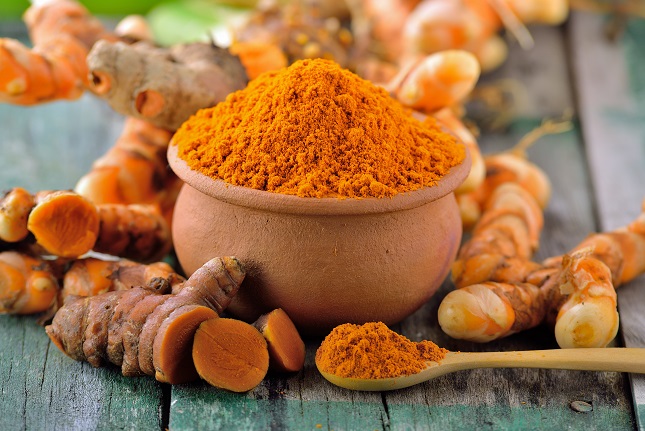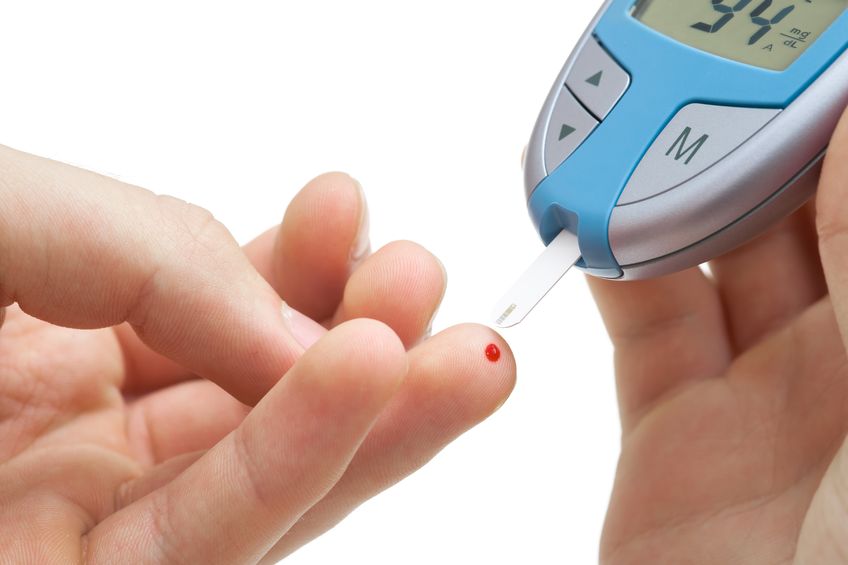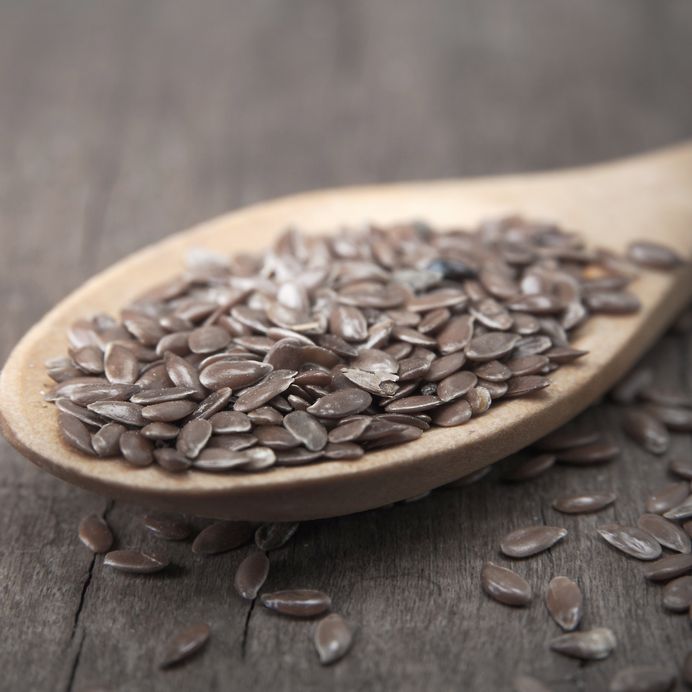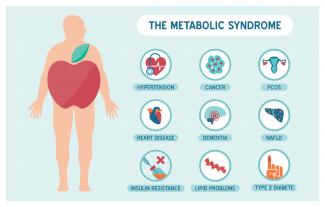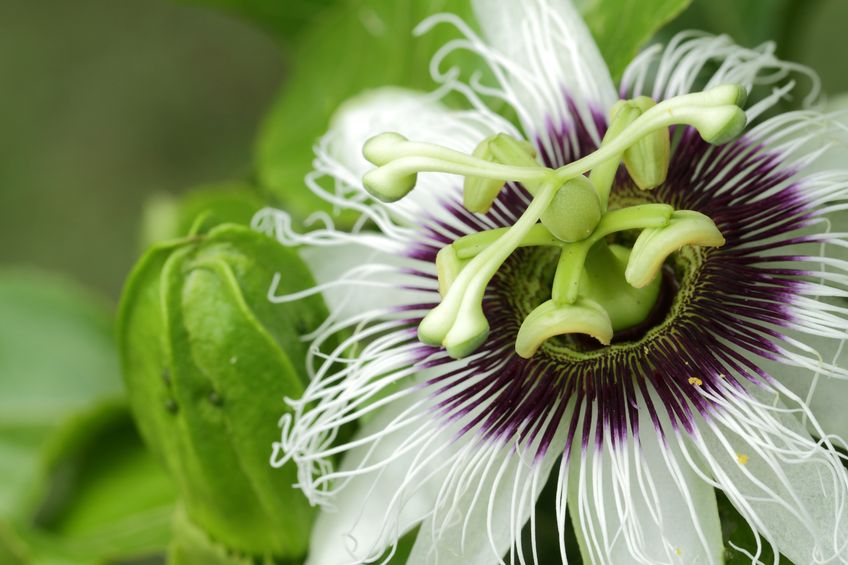www.boltonnaturopathic.ca
For a long time, there was truly a lack of natural health products with good evidence of improving glucose control. Gymnema and bitter-melon peel were frequently included in natural health product formulations, yet evidence of their efficacy is sparse, at best. Chromium is likewise frequently touted as beneficial for glucose control, yet the available evidence is mixed, and most of the positive data comes from regions of the world where trace-element nutritional deficiencies are common. The core of diabetes prevention and treatment relies on diet modification and exercise. The outcomes delivered when such strategies are utilized are of a very large and important magnitude. Yet, the ability to include a supplemental strategy to enhance these outcomes is certainly desirable.
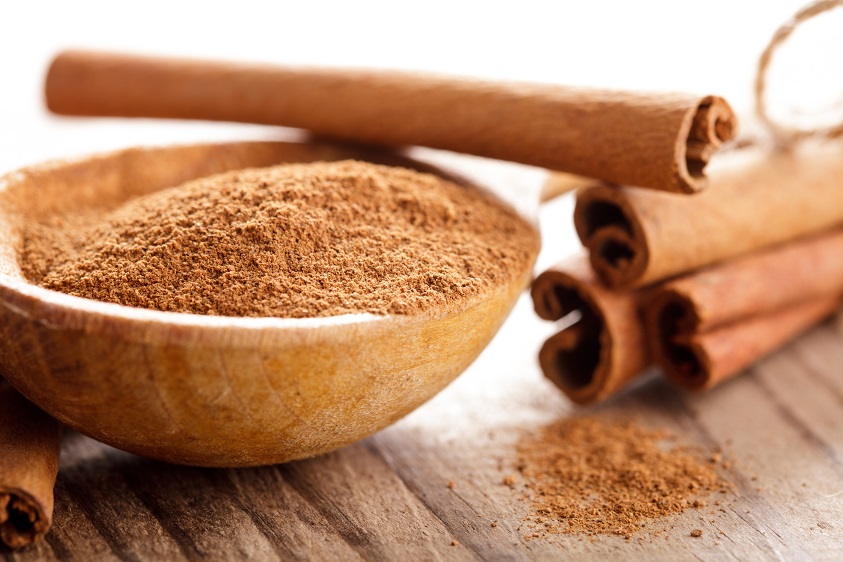
In recent years, three key natural health products have emerged demonstrating important positive impact to glucose control. Cinnamon has been shown to improve glucose control and lower HbA1C among individuals with either type I or type II diabetes. Inositol has an impressive evidence base regarding prevention of gestational diabetes. The focus of the current review is impact of curcumin on glucose control.
The first paper to gather this author’s attention as to impact of curcumin in diabetes perhaps remains the most important trial done to date. Two hundred and forty individuals with confirmed prediabetes, not receiving any hypoglycemic medications, were randomized to three placebo capsules or three capsules of curcumin extract per day. The extract was prepared by the government of Thailand. Dried rhizome of Curcuma longa was ground and ethanol-extracted to yield curcuminoids and oleoresin. The oleoresin was removed, leaving an extract containing 75–85% curcuminoids. Each capsule contained 250 mg of curcuminoids, thus the active treatment group was receiving 750 mg of curcuminoids per day.[1]
After nine months, 16.4% of participants in the placebo group had developed type II diabetes, whereas no participants in the curcumin group had developed diabetes (0%). HOMA B (considered a measure of pancreatic beta-cell function) was significantly greater in the curcumin group relative to the placebo group. Furthermore, C peptide (a marker of pancreatic secretory stress) was significantly lower in the curcumin group relative to the placebo group.[1]
A separate team of investigators conducted an important trial of curcuminoids in 100 participants with type II diabetes. This study was presented in two separate publications.[2][3] Curcuminoids were administered at a dose of 300 mg per day, versus placebo, for three months. Curcumin supplementation achieved significant reductions in fasting blood glucose and HbA1c. Curcumin also resulted in significantly reduced circulating free fatty acids and serum adipocyte fatty acid–binding protein (A FABP). The researchers hypothesize that, mechanistically, curcuminoids achieve improvements in glucose control via their effect on lowering of A FABP. This same intervention trial also demonstrated significant reductions in CRP, TNF-alpha, and IL 6 via curcuminoid administration.
Another study of interest administered curcumin (1000 mg curcuminoids per day) versus placebo to 118 individuals with type II diabetes for three months (100 participants completed the trial).[4] Significant improvements in fasting blood glucose, HbA1C, and C peptide were again demonstrated. Of interest, significant reductions were also observed for liver function markers (ALT, AST), yet there was no impact on hs CRP. In a separate publication of the same study, the curcumin group also demonstrated significant reductions in total cholesterol, non HDL cholesterol, and Lp(a), as well as significant increases in HDL-C.[5]
A small (8 participants), short-term (10 days), open-label trial administered curcumin to participants with type II diabetes who were receiving glyburide. Glucose control was improved beyond that of glyburide alone, with no participant experiencing hypoglycemia. Benefits to cholesterol levels noted in other studies were reproduced (reduced LDL, VLDL, and TG, with increased HDL).[6]
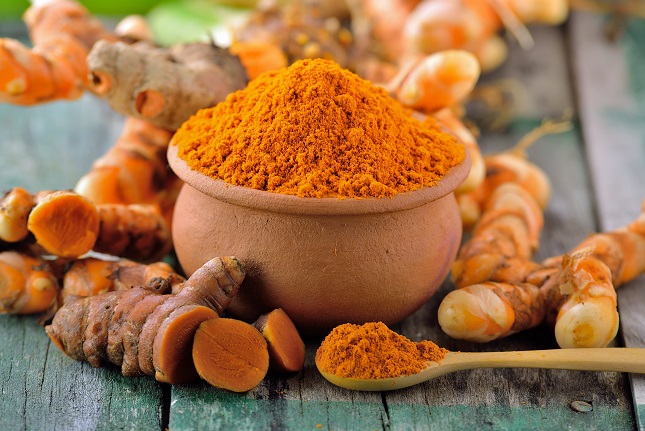 A nonsystematic search of the literature revealed four other studies of interest. One study in 25 participants with type II diabetes demonstrated significant improvement of curcumin supplementation for the outcome of microangiopathy.[7] In a follow-up to this study by the same research team, 39 participants with type II diabetes were supplemented with curcumin, and significant benefit to microangiopathy and diabetic retinopathy was demonstrated.[8] A six-month intervention trial showed a reduction in overall atherogenic risk among participants with type II diabetes (reduced pulse wave velocity, increased serum adiponectin, and reduced serum leptin).[9] Lastly, among 40 patients with type II diabetes with established nephropathy, 1500 mg per day of crude turmeric powder, versus placebo, achieved important and significant outcomes (decreased urinary protein excretion, reduced serum levels of TGF-beta and IL-8).[10]
A nonsystematic search of the literature revealed four other studies of interest. One study in 25 participants with type II diabetes demonstrated significant improvement of curcumin supplementation for the outcome of microangiopathy.[7] In a follow-up to this study by the same research team, 39 participants with type II diabetes were supplemented with curcumin, and significant benefit to microangiopathy and diabetic retinopathy was demonstrated.[8] A six-month intervention trial showed a reduction in overall atherogenic risk among participants with type II diabetes (reduced pulse wave velocity, increased serum adiponectin, and reduced serum leptin).[9] Lastly, among 40 patients with type II diabetes with established nephropathy, 1500 mg per day of crude turmeric powder, versus placebo, achieved important and significant outcomes (decreased urinary protein excretion, reduced serum levels of TGF-beta and IL-8).[10]
To date, all studies examining curcumin among patients with diabetes have demonstrated highly positive and important outcomes. The Cheungsawarn 2012 paper [1] is perhaps the most impressive, completely halting progression of prediabetes among a high-risk population over a 9 month period. There is much debate over different types of curcumin preparations, yet the evidence presented above shows both simple ethanol extraction as well as crude turmeric delivering important outcomes. Collectively, results presented include prevention of prediabetes progression; improved fasting blood glucose and HbA1C among patients with diabetes; improved cholesterol profiles; improved liver function markers; reduction in circulating markers of inflammation; and improvement in diabetic retinopathy, microangiopathy, and nephropathy. This immense panacea of benefit does not seem to be garnering the attention it duly deserves, and ideally more similar trials will be able to replicate these impressive outcomes.

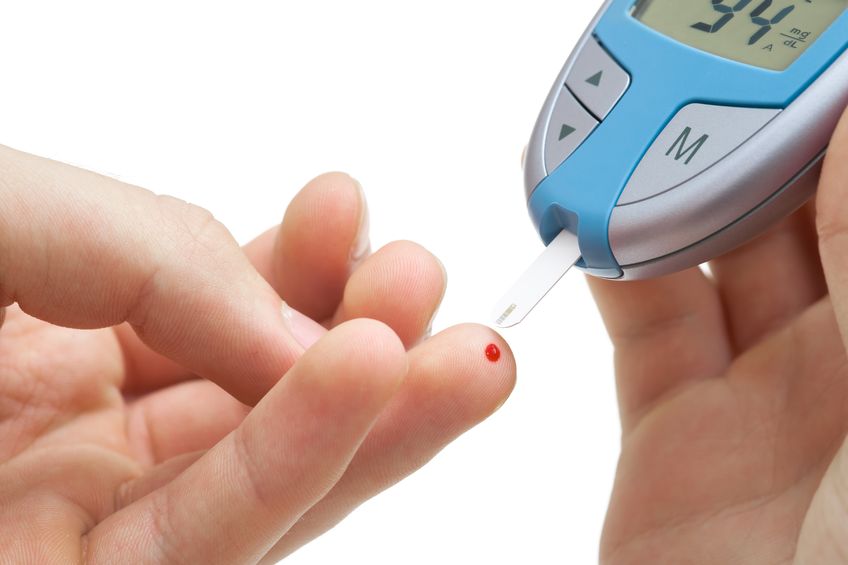
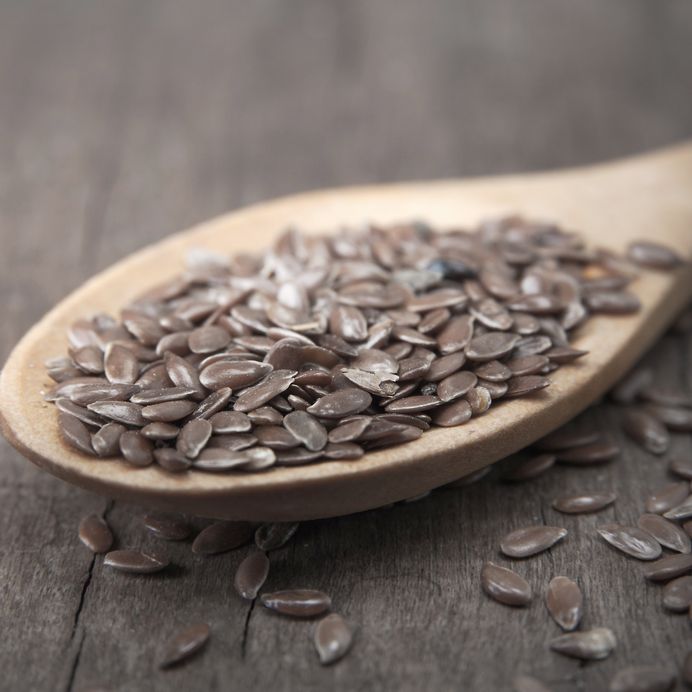 Super foods have recently gained popularity. Consumers are interested in adding foods to their diet that pack a big punch in terms of nutritional content and therapeutic benefit. One super food with a very impressive range of benefits is the flax seed. Historical research has revealed that this small seed was cultivated 30,000 years ago
Super foods have recently gained popularity. Consumers are interested in adding foods to their diet that pack a big punch in terms of nutritional content and therapeutic benefit. One super food with a very impressive range of benefits is the flax seed. Historical research has revealed that this small seed was cultivated 30,000 years ago


